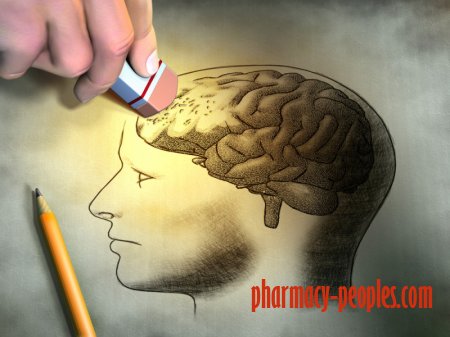Rich in fiber and loaded with nutrients, broccoli is widely hailed (and rightfully so) as one of the healthiest foods on earth. By regularly consuming broccoli, you can lower your risk of suffering from a variety of debilitating diseases such as Type 2 Diabetes, heart disease, stroke and even cancer.
Recent research now points to Broccoli’s ability to reduce oxidative stress and prostate/breast cancer. Cruciferous vegetables like broccoli, cauliflower, kale and cabbage contain a very powerful antioxidant/disease fighting compound called sulforaphane.
From time to time, most of us have had a shock from that “first look in the mirror” morning view. Perhaps it is a feeling of bloating, with or without the puffy eyes that gets our attention. For most of us, these are not symptoms of a serious nature. There are many causes for occasional water retention such as PMS, stress, high sodium intake, over indulgence, etc.
The key point to remember is that if these symptoms are frequent or even continuous, it could indicate a more serious kidney or digestive disorder where a visit to your health care practitioner would be advisable. However, the occasional feeling of bloating, as well as those preceding and during the menstrual cycle is very common. Let’s take a look at 6 herbs that can help make these occasional episodes less problematic.
Probably the most effective natural treatment for headaches is combing lavender oil with peppermint oil. Recent research finds that lavender essential oil can help relieve migraine attacks as an alternative migraine treatment. A 2012 study performed by Iranian and German scientists and published in the medical journal European Neurology concluded that “inhalation of lavender essential oil may be an effective and safe treatment modality in acute management of migraine headaches.”
Dementia is a general term for loss of memory and other mental abilities severe enough to interfere with a person’s daily life. Dementia can appear in many forms, including Parkinson’s disease, Huntington’s disease, and vascular dementia. The most common type is Alzheimer’s disease, which accounts for an estimated 60-80% of cases.
If the cause is not treatable, dementia can be progressive. Symptoms including depression, apathy, and difficulty remembering recent conversations, names and events can worsen over time. Some risk factors for dementia can be prevented, while others cannot.



